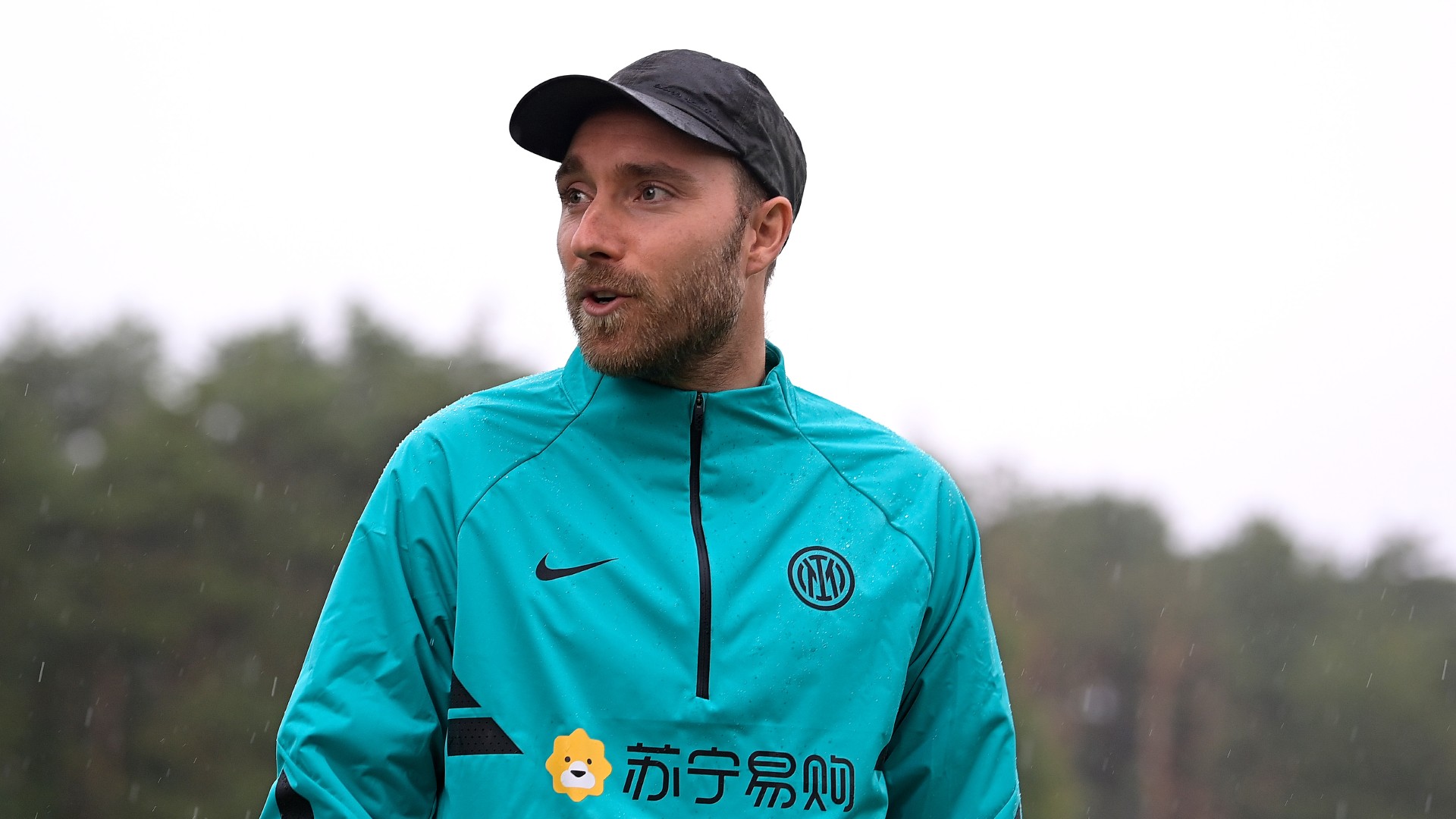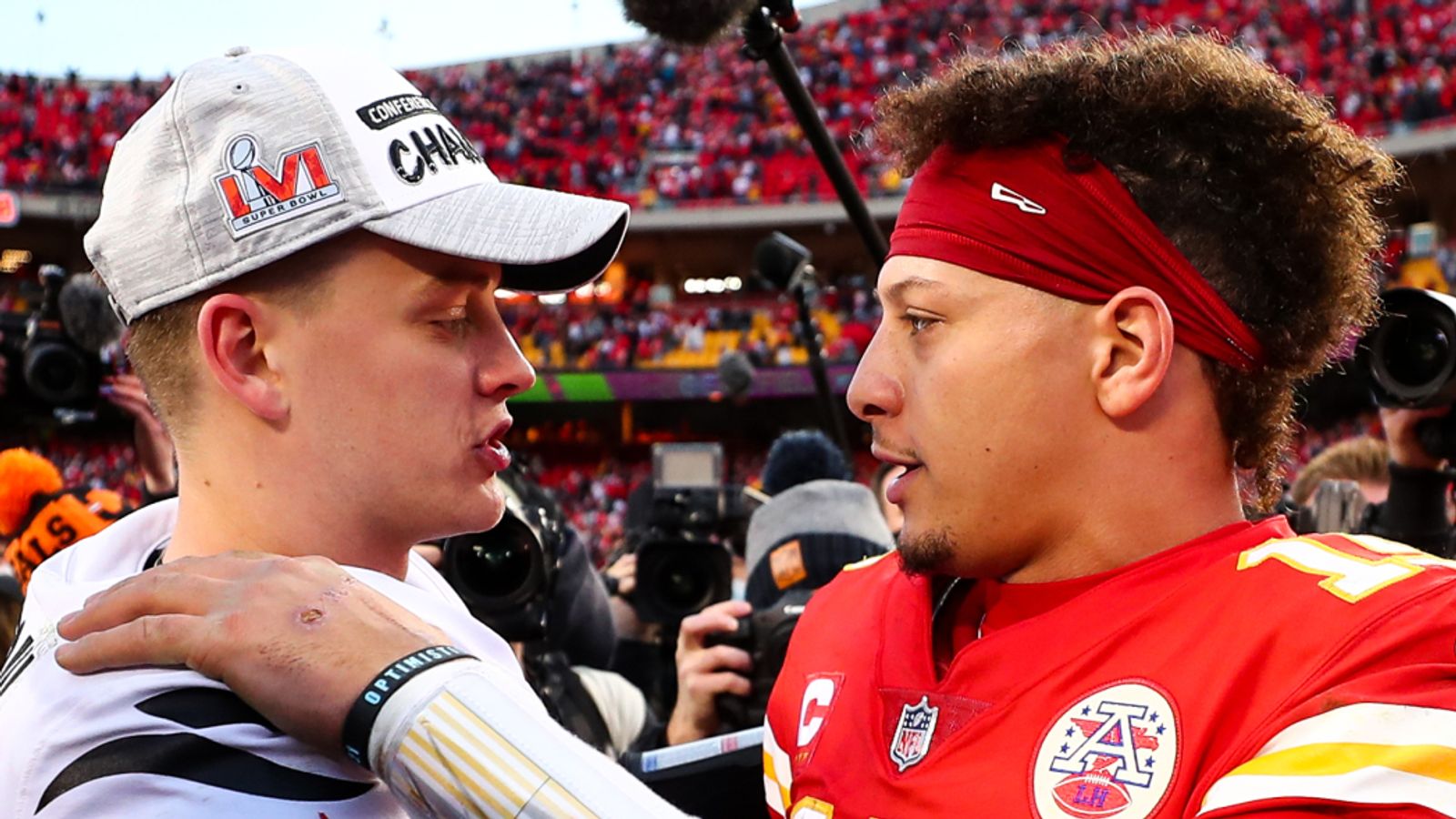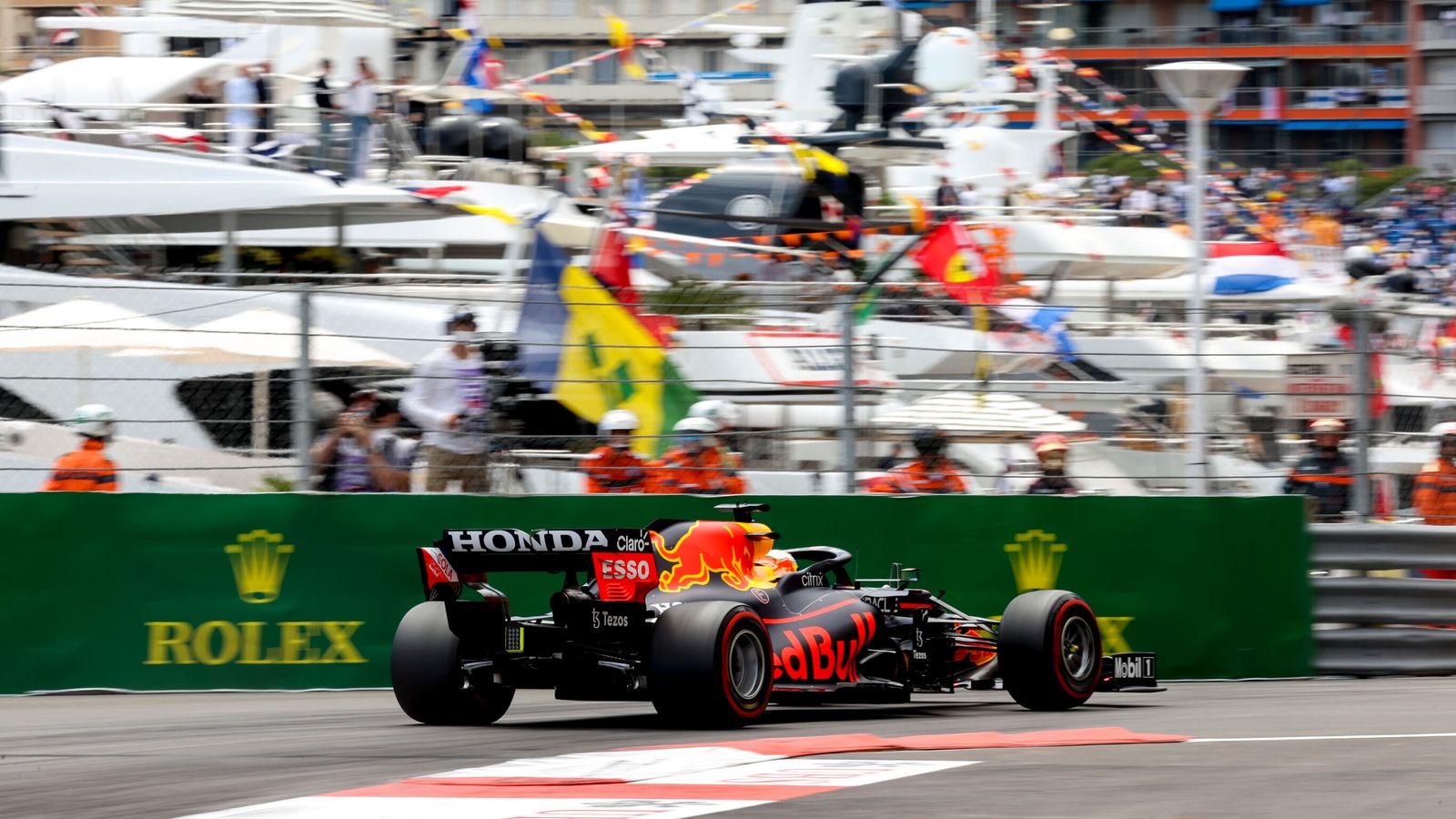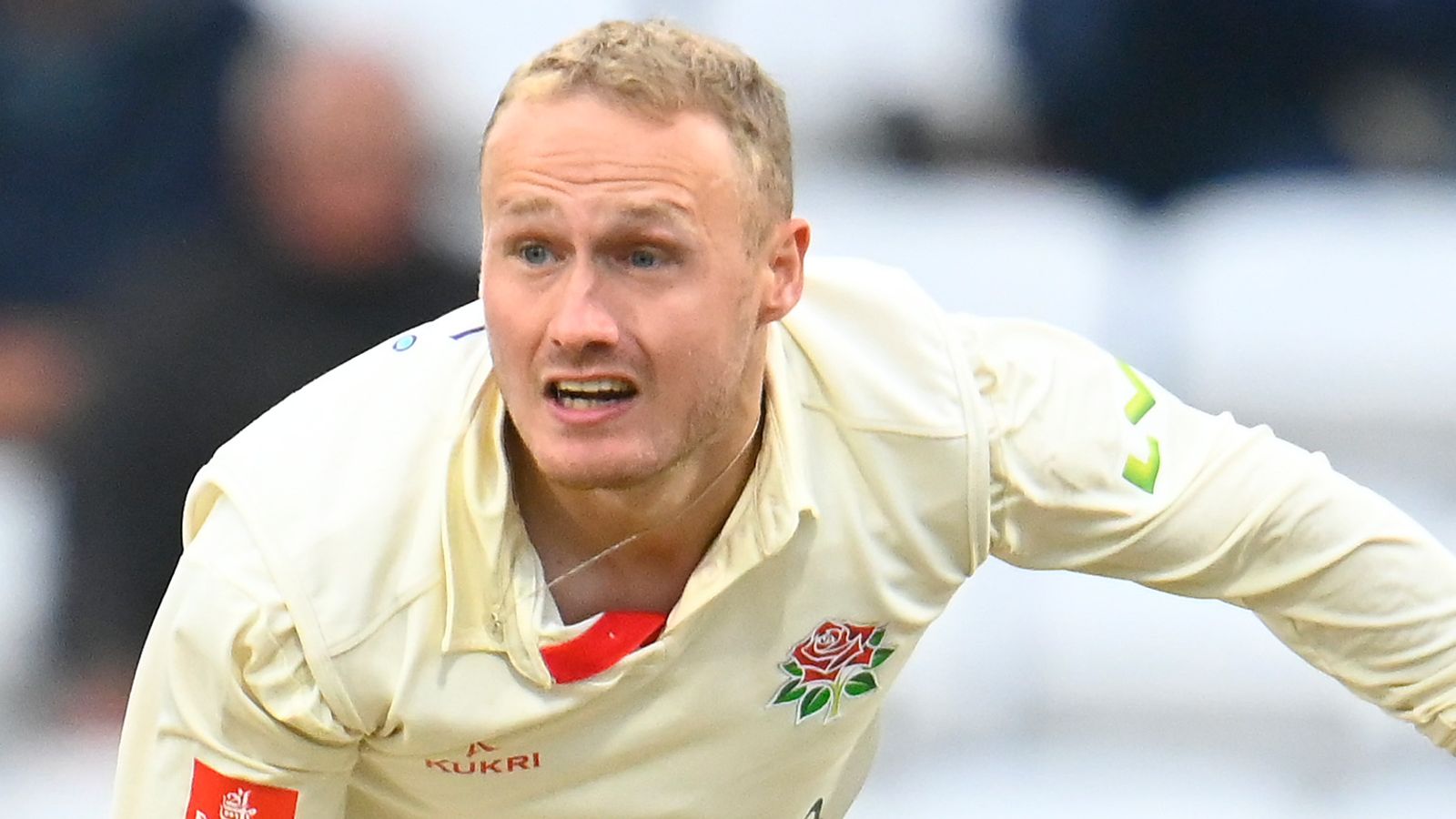Will Christian Eriksen play again? Why Inter Milan terminated his contract and where he might go

If Danish international Christian Eriksen decides to play again after surviving a cardiac arrest episode six months ago at Euro 2021, it will not be in Italy.
Eriksen’s Italian club team, Inter Milan, terminated the 29-year-old’s contract by mutual consent on Dec. 17, formalizing a departure that was expected for some time. The Dane is now a free agent and free to join any club that wishes to sign him.
“The Club and the entire Nerazzurri family embraces the player and wish him the best for his future,” the Inter statement read. “Although Inter and Christian are now parting ways, the bond shall never be broken. The good times, the goals, the victories, those Scudetto celebrations with fans outside San Siro — all this will remain forever in Nerazzurri history.”
Why did Inter terminate Eriksen’s contract?
Eriksen collapsed on the field during Euro 2020 at Copenhagen’s Parken Stadium and received lifesaving treatment, with his heartbeat restarted by the medical staff on site. After initially recovering at the hospital, Eriksen was fitted with an ICD (implantable cardioverter defibrillator) that can bring his heart back into regular rhythm if an issue arises in the future.
According to rules established by Italy’s National Olympic Committee (CONI), Eriksen is not permitted to play in Italy while fitted with such a device. Thus, he is unable to play for Inter — or any other Italian side — while the device is surgically implanted.
MORE: Why Liverpool star might have the best right foot in football
Eriksen was on a $11 million-a-year contract with Inter that ran through the summer of 2024, but the terms of the contract termination have not been revealed. In addition to his wages, the Italian side paid more than $22 million in a transfer fee to Tottenham Hotspur to acquire him January 2020.
Reports in Italy indicate that the FIFA Club Protection Program will indemnify Inter Milan $8.5 million for a maximum period of 365 days given the episode occurred while on national team duty. The club also reportedly has a private insurance policy which covers the Nerazzurri for the balance of the salary and outstanding transfer costs.
Eriksen’s time at Inter was short but memorable since arriving from Tottenham in January of 2020. It took him some time to settle, but Eriksen leaves Italy as a Scudetto winner, and owner of a number of big moments, including the key late free-kick winner in the Milan derby.
Why Eriksen can’t play in Italy
The device that Eriksen has been fitted with is known as an ICD, or an implantable cardioverter-defibrillator. This device is implanted under the skin near the collarbone and connected to the heart via tiny wires.
In patients with known heart problems, the device is able to recognize an irregular or stopped heartbeat, and can deliver an electric shock to restart the heart, just like an external defibrillator would do. Some newer versions of the device also have the ability to double as a pacemaker, allowing it to not only shock a stopped heart, but allow it to deliver more restrained electric currents to regulate a slowed or irregular heartbeat.
Other professional footballers have received this device in the past. Fabrice Muamba, whose heart stopped for 78 minutes while playing for Bolton, was fitted with this device after making a miraculous recovery, although he never played professionally again.
MORE: UEFA Nations League Draw puts Euro powers in same group
Former Manchester United defender and current Ajax captain Daley Blind has also been fitted with an ICD after an episode experienced in a 2019 Champions League match. He returned to senior-level play since the incident and this season, Blind has played in every Ajax match across Eredivisie and Champions League play, logging nearly 1,700 minutes already.
Differing opinions exist across Europe and the world about the dangers of continuing athletic activity while wearing an ICD.
Dr. Jason Bradley, non-invasive cardiologist with sports cardiology specialization at Lankenau Medical Center in Pennsylvania, says acceptance of the device is growing but it is still sporadic across the athletic community.
“It used to be that cardiologists would tell people blanket ‘no’ [to athletic activity] to take everyone off the hook [for liabilty reasons],” Dr. Bradley told Sporting News. “Now, we’re kind of rethinking that. But there’s still a balancing act between realistic chances of an event and the liability the doctors and medical professionals are willing to accept.”
Italy is recognized as a leader in sports cardiology, according to Dr. Bradley, and Inter Milan cited the Italian medical community in a statement in August addressing Eriksen’s future with the club and pointing to a probable move abroad.
“The player has been temporarily inhibited by the Italian medical authority from sporting activity in the current season,” the statement read. “Although the current conditions of the player don’t meet the requirements of achieving sporting fitness in Italy, the same could instead be achieved in other countries where the player could resume competitive activity.”
Is it safe for Eriksen to play again?
The midfielder has not yet officially confirmed his desire and intent to return to professional football, but all indications are that he is leaning in that direction. He is currently is training at the facilities of Danish Superliga club Odense BK, the boyhood club where Eriksen began his youth career before moving to Ajax’s youth side in 2009.
No detailed diagnosis for the cause of Eriksen’s cardiac event during Euro 2020 has been released, and reports since then have even suggested it’s still unclear what caused the heart stoppage. Originally, Dr. Bradley said, experts would advise athletes with ICD’s not to return to any sporting activities more strenuous than playing golf. Now, some are beginning to trust the devices more, but a risk still persists.
“Prior to about 2012 to 2015, [experts said] ‘No way, you get an ICD, you’re not playing.’ Now, there are a lot of studies that show it’s not really as dangerous to go back to activity as we originally thought.” Still, Dr. Bradley says, new research has suggested that one out of every 10 individuals fitted with an ICD due to a significant cardiac event and involved with athletics will have another event, and the question then shifts to the reliability of the device and residual liability of a failure.
MORE: MLS star ready for European football, says Pep Guardiola
In the United States there are no blanket restrictions or requirements for cardiac screening, but most athletic institutions still do their own. Dr. Bradley pointed to one notable domestic incident occurring in 1996, when Northwestern basketball player Nicholas Knapp was deemed ineligible by school medical professionals after he was fitted with an ICD. Knapp sued the school, and while he won the court case initially, it was overturned on appeal, establishing the right to deem a player ineligible for cardiac concerns.
Often, the concern in contact sports is damage to the ICD through incidental impacts that occur during the normal course of participation in the sport. These can damage the ICD without the patient knowing, causing it to possibly fail if later called into action for a cardiac event.
Where will Eriksen play?
It’s unclear not only if Eriksen wishes to play again, but where he might play if he does. While it’s generally accepted that Italy has among the most stringent of regulations regarding athletics and ICD’s, any club that wishes to sign Eriksen will surely do its own cardiac screening, and what comes of that remains to be seen.
Eriksen, who is now a free agent, could also choose the path of Sergio Aguero, who announced his retirement due to a cardiac arrythmia. Aguero assured fans multiple times during his press conference that he explored “everything possible to have some hope of playing on,” but ultimately received enough medical advice to call time on his career. It’s unclear whether an ICD would have been an option for Aguero.
For Eriksen, should he wish to continue playing, he could potentially explore clubs he already has a relationship with. Eriksen spent three excellent seasons at Ajax, where the aforementioned Blind already plays with an ICD. The more modest BK Odense in Denmark has also expressed interest if the opportunity arises though financial realities of the club could make that unlikely.
His former club, Tottenham, and London-based West Ham, have also come up in speculation. English clubs have strict screening procedures he’d have to pass, but there are no blanket rules preventing his return to the Premier League.
“In Italy, there is a longstanding nationwide cardiac screening policy which runs across all sports participation and does not allow participation in a case of increased risk of sudden cardiac arrest during exercise,” said an FA spokesman in late October. “This has not been adopted in other countries, including the UK.”





Pingback: Web Hosting
Pingback: jarisakti